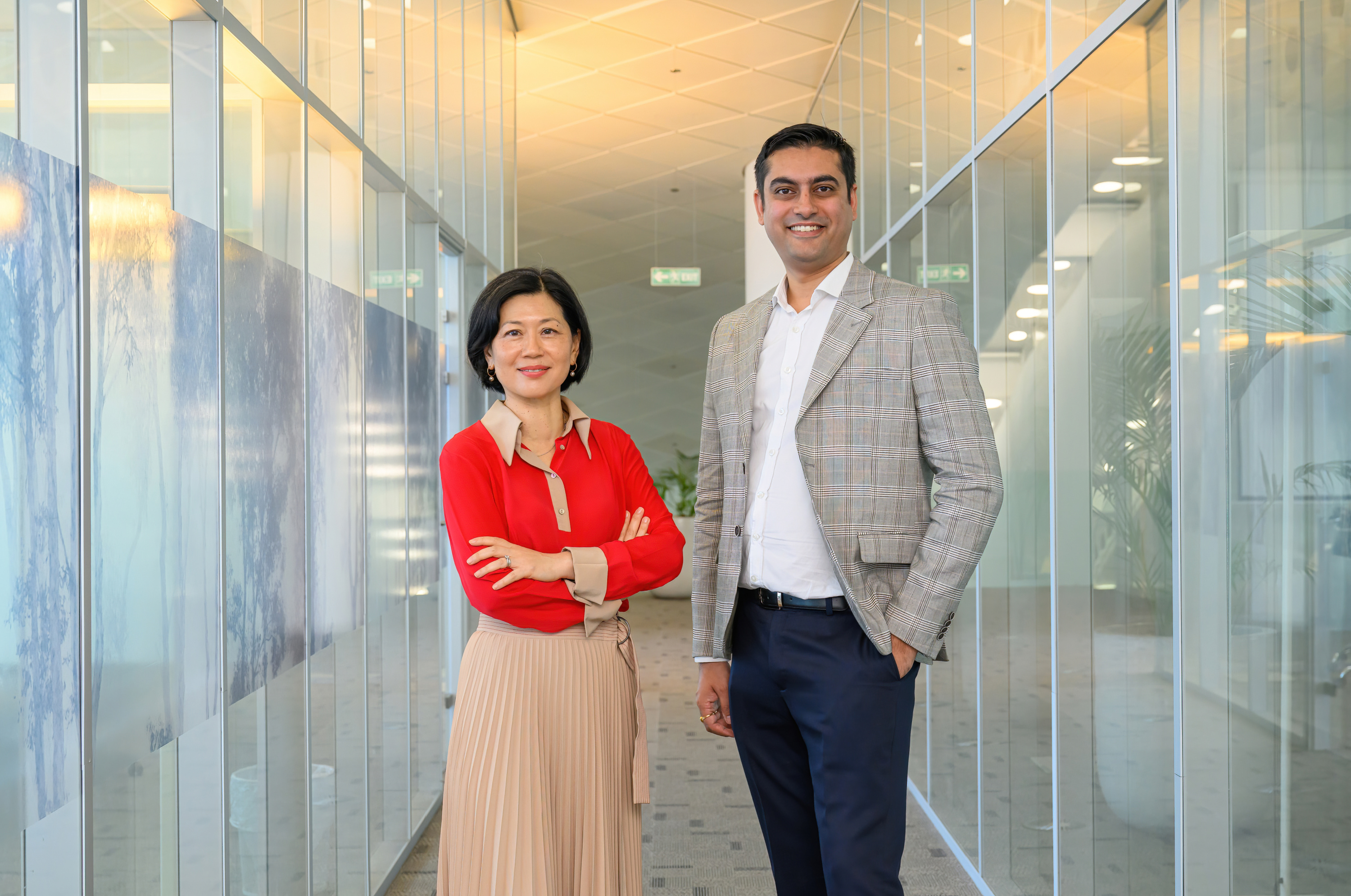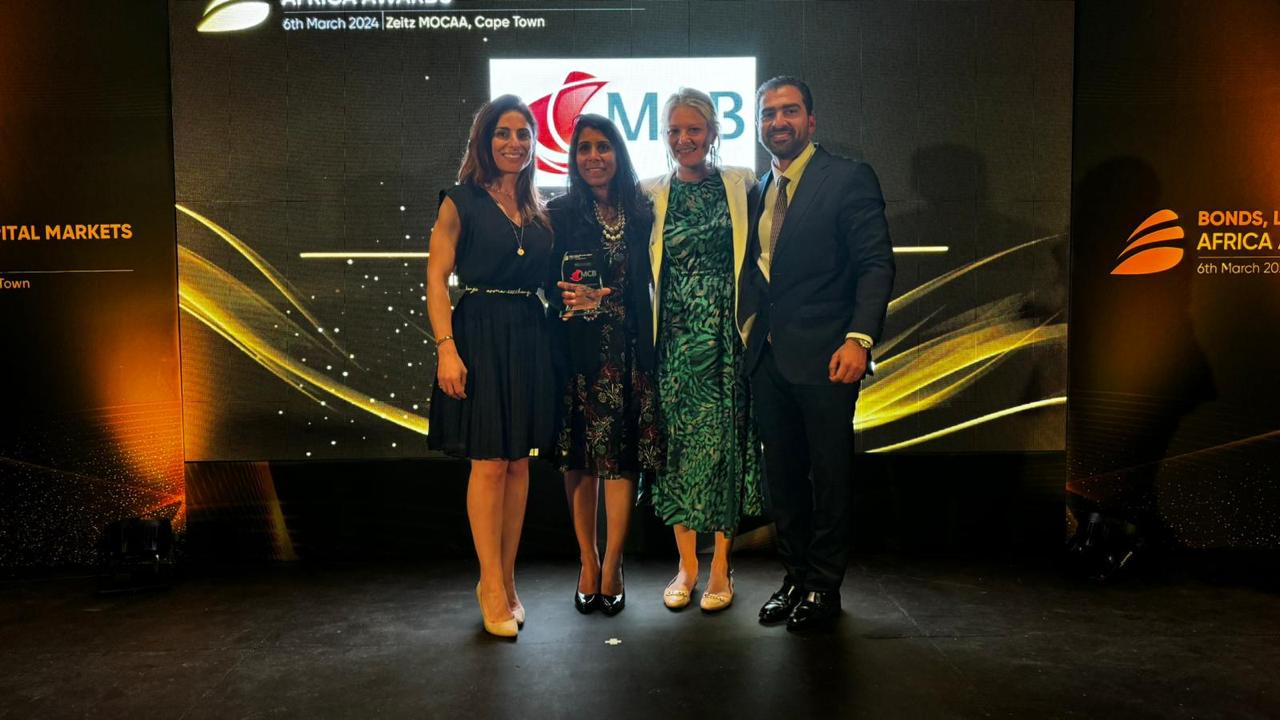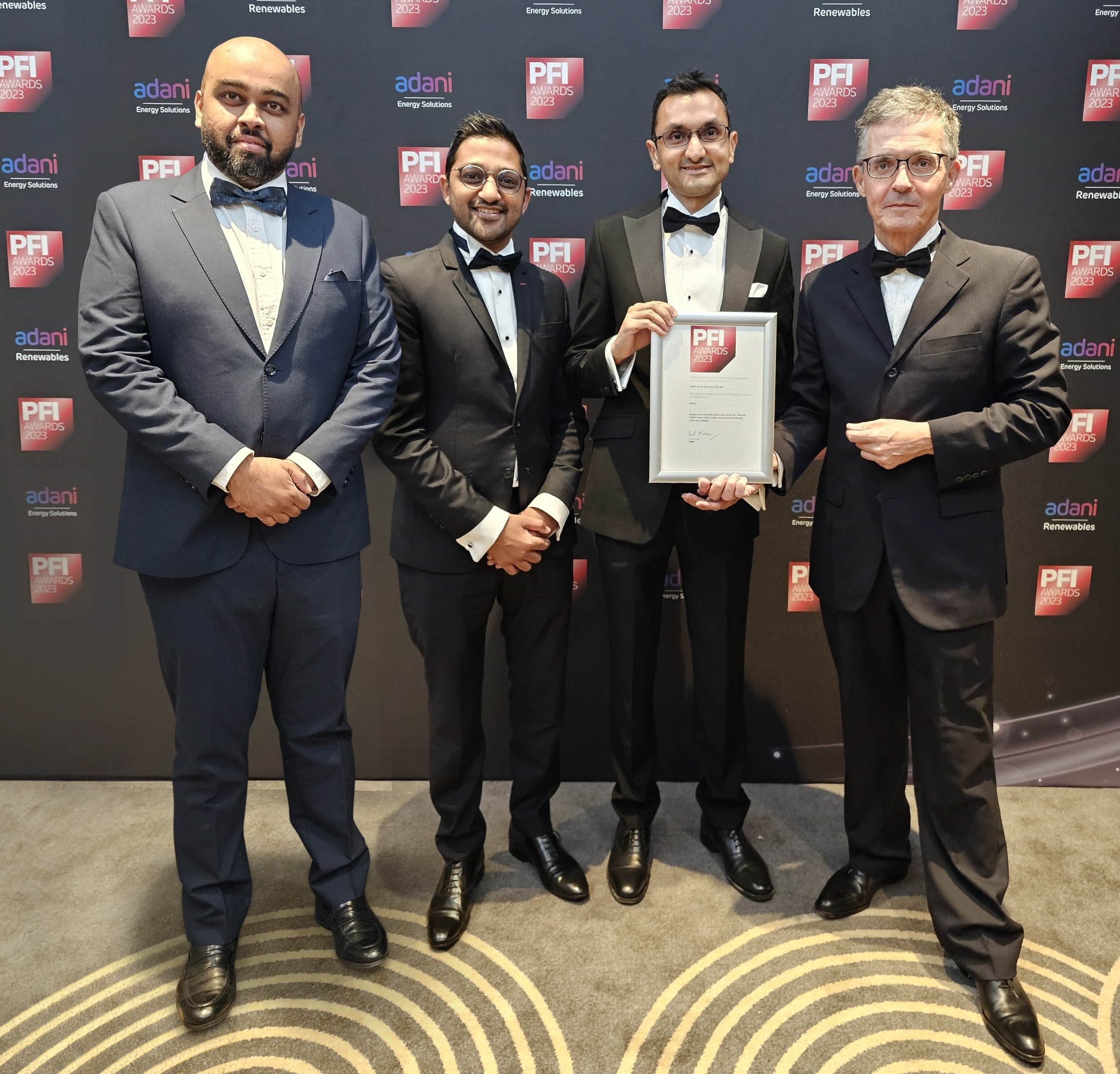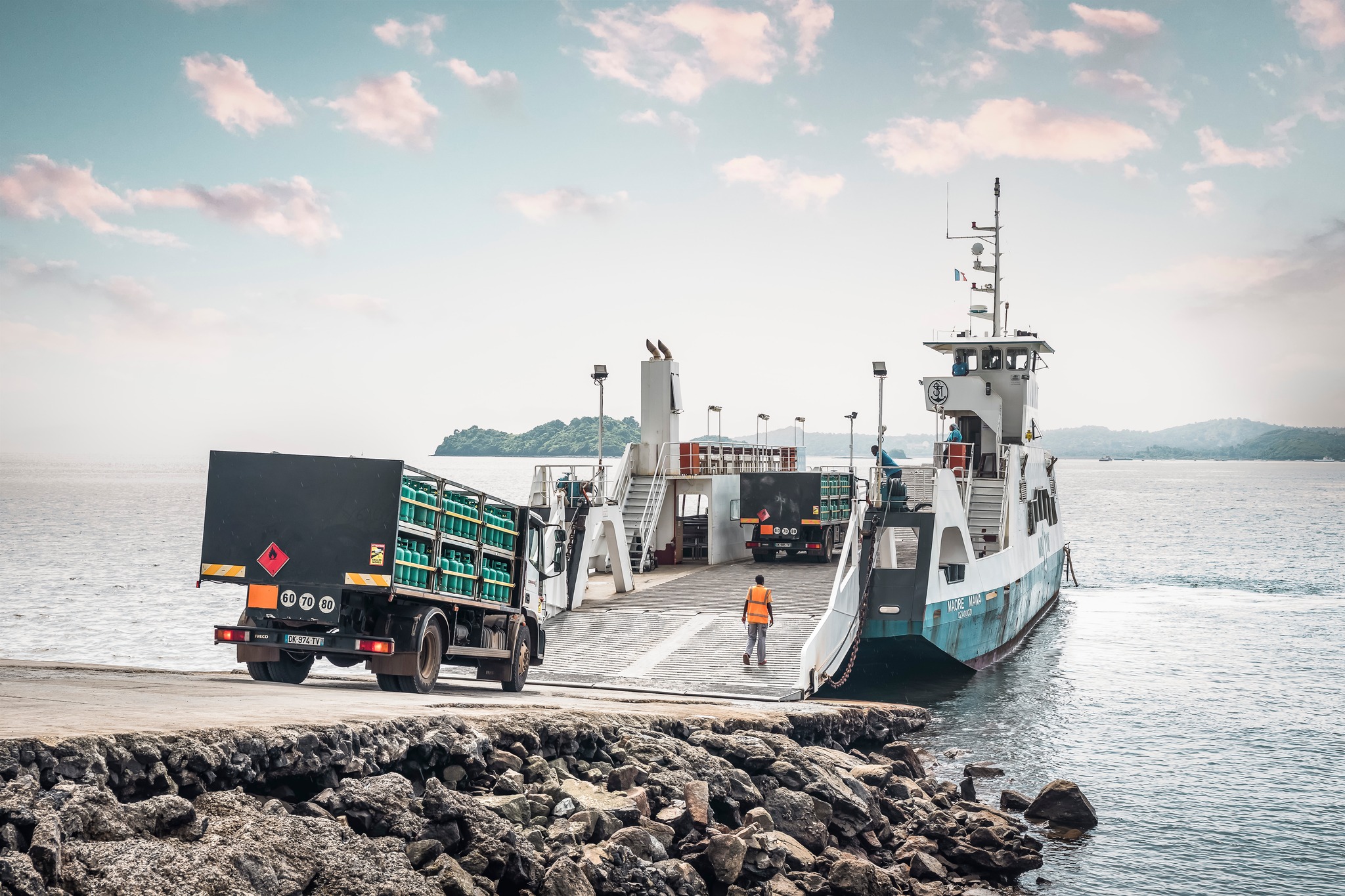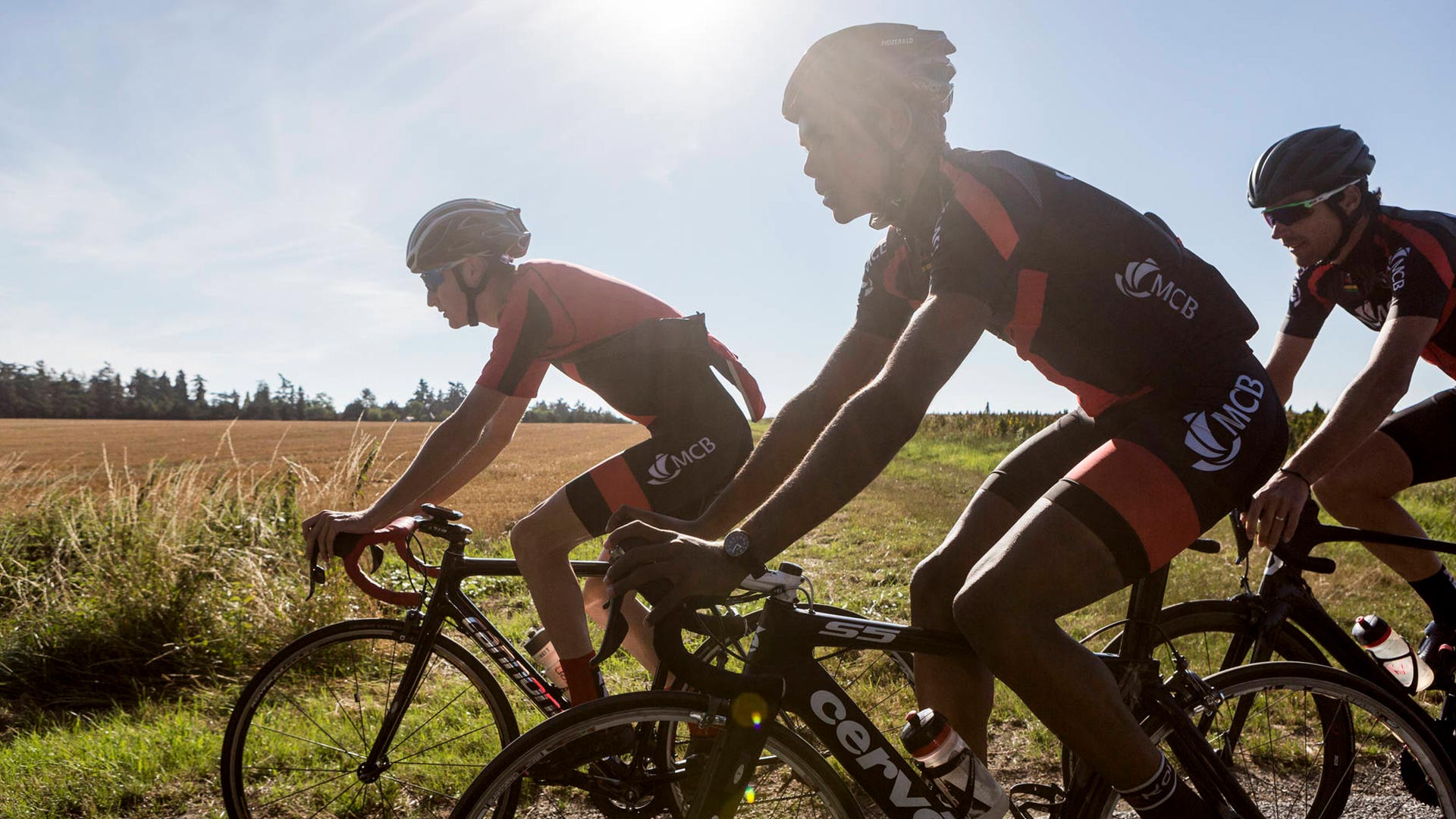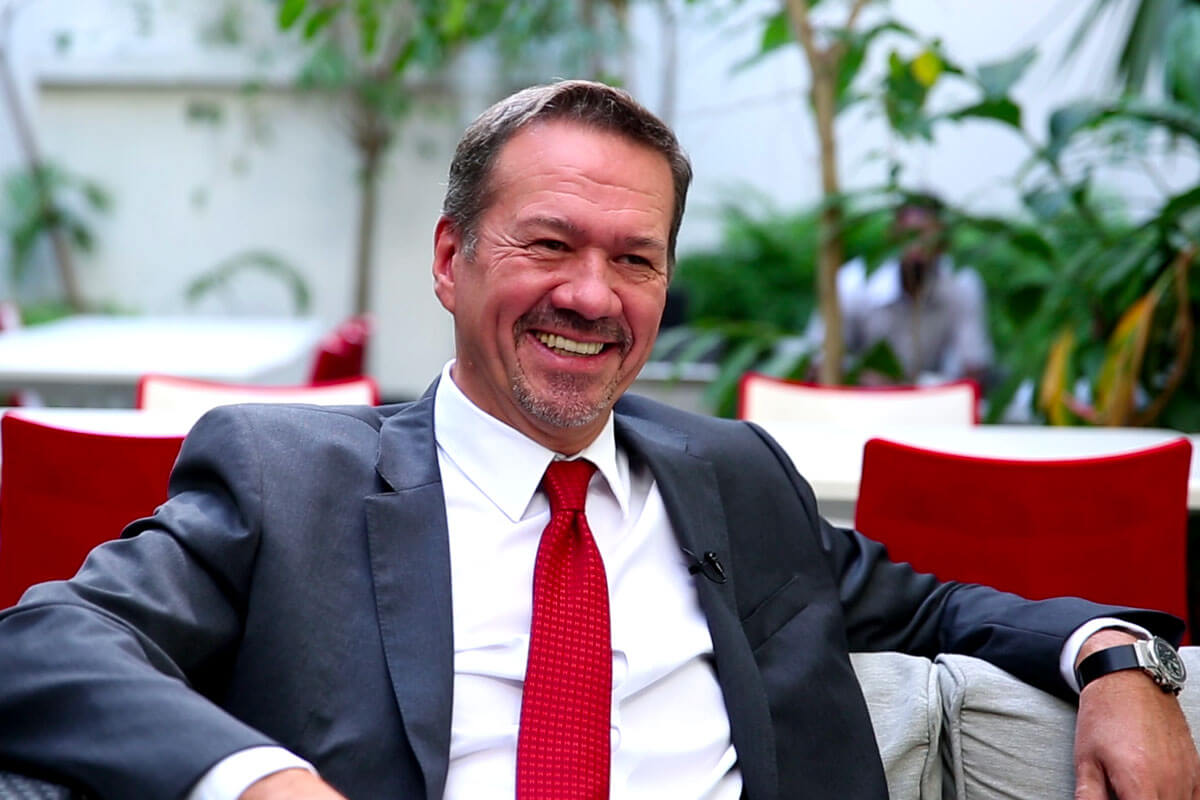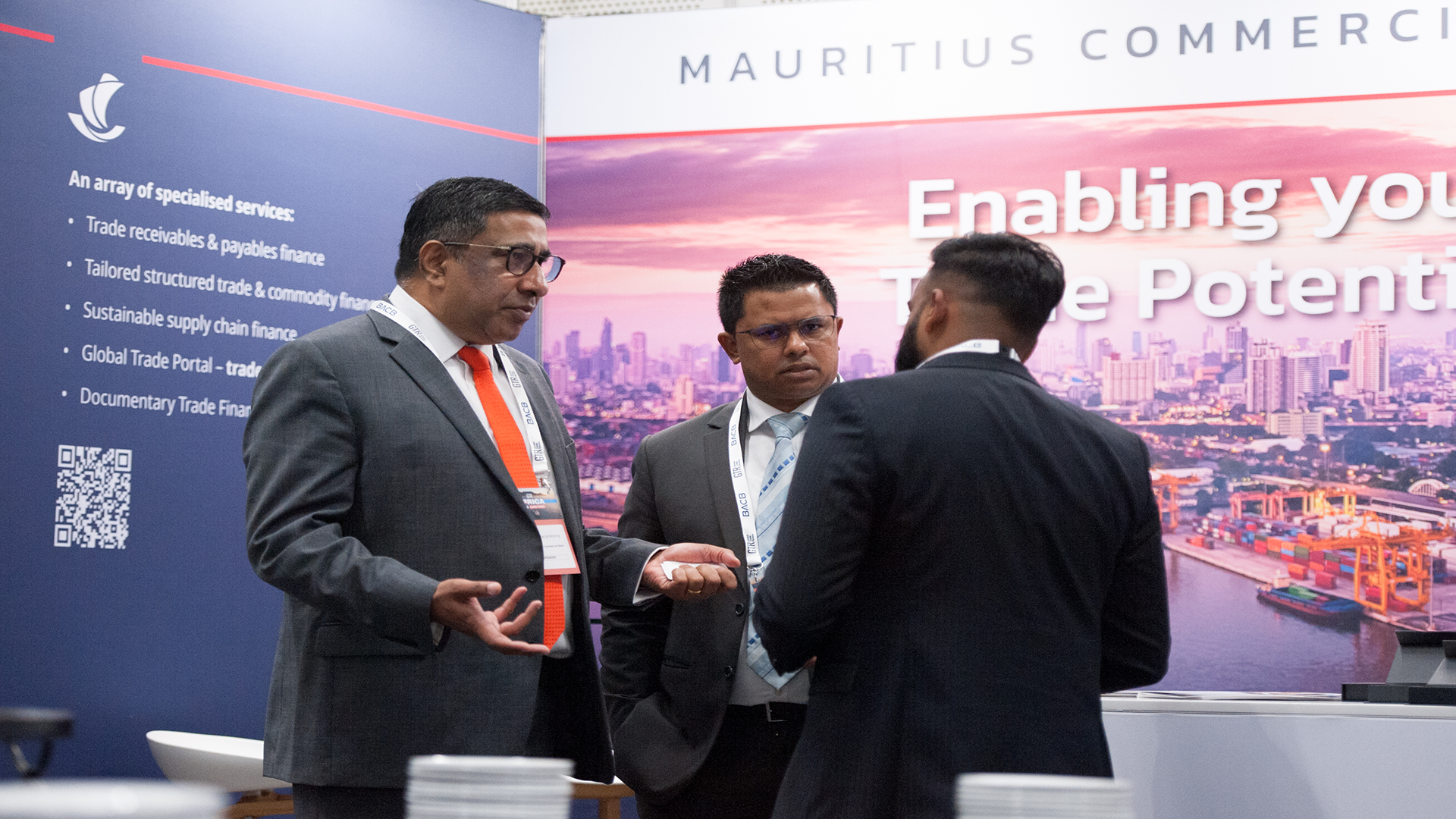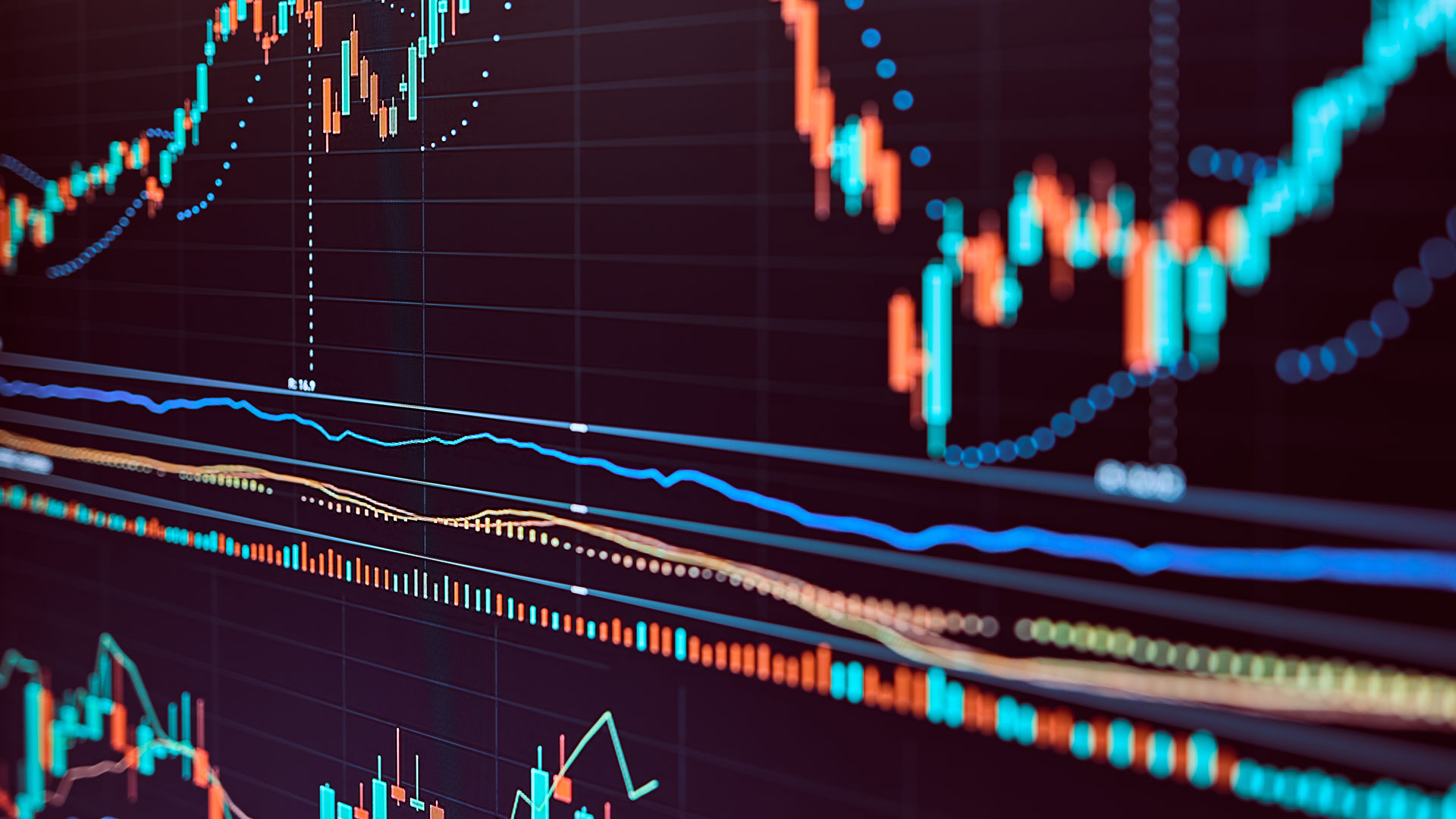- Home
- Investor Centre
- Sustainability
- Talent
- News
- TH!NK
- Corporate Governance
- Company Profile
- Board of Directors
- Community
Contact Info
A chat with… Pierre Guy Noël, Alain Law Min and Raoul Gufflet
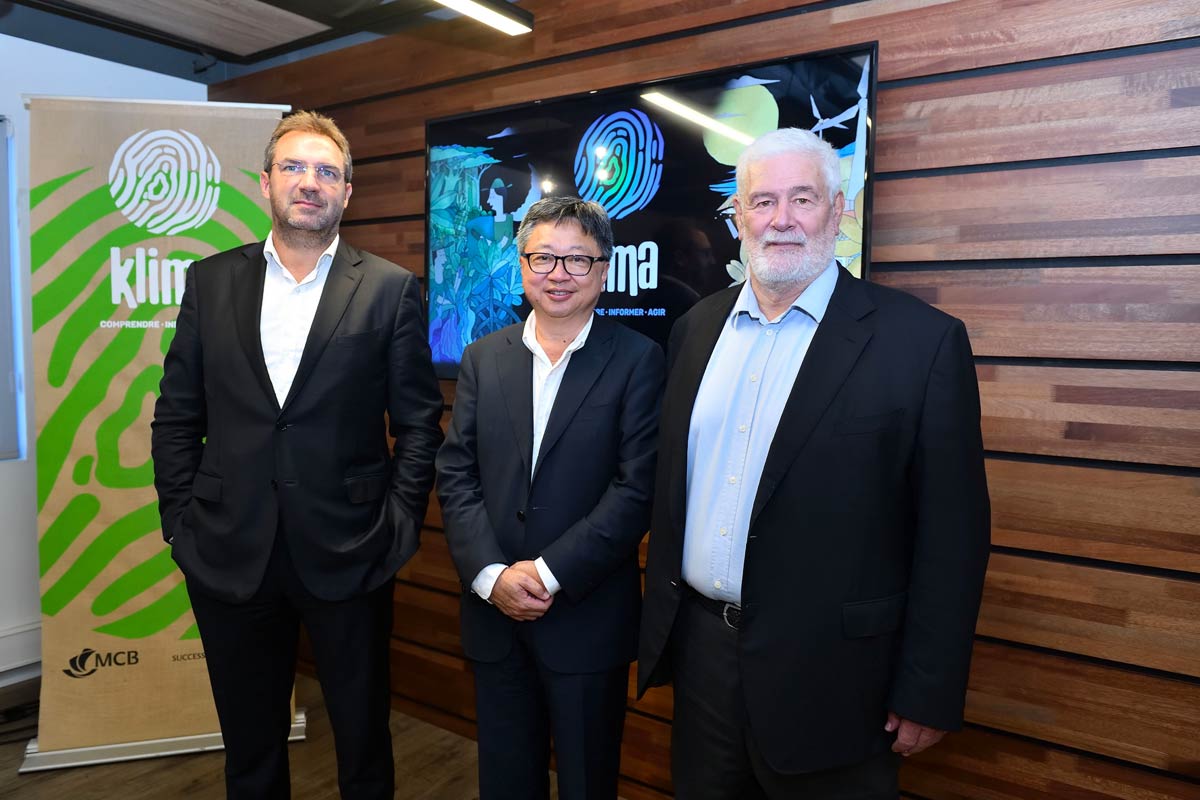
“Sustainability is key to economic recovery”
Are we in a post-COVID-19 situation yet? Is this “the new normal”? Has COVID-19 irrevocably changed the way we do business? Although there are no clear answers to these questions yet and visibility remains poor, as the country’s leading financial institution, MCB must have a clear strategy in order to help steer the economy in the right direction.
The bank’s executive officers sit down to discuss the pandemic and the way forward.
PGN: Many of the problems we face today, including COVID, are the consequences of excessive and unsustainable modes of production and consumption. Sustainability is therefore key to the economic recovery. It is about devising a strategy for the upcoming generations, about striking the right balance, and doing the right thing for future generations…
ALM: I agree. What this COVID-19 pandemic has also shown is that a strong local economy is critical in ensuring resilience in times of crisis. And, small island economies like Mauritius are definitely more vulnerable to the global disruption in supply chains and production as we’ve seen during confinement.
RG: To me, although our economy faces many significant challenges in the wake of COVID-19, climate change remains the defining issue of our time. For we must not forget that Mauritius, like all small island states, is highly exposed to the consequences of climate change.
ALM: There is no doubt in my mind that COVID-19 will accelerate our sustainable finance deployment initiatives to invest in a better, greener tomorrow. This is, after all, the philosophy behind “Lokal is Beautiful”. A strong local economy can only help the country mitigate the impact of the economic downturn resulting from the COVID crisis and help sustain recovery.
PGN: What the pandemic has done is to force us into new modes of working and interactions, and we are now helping our clients’ transition to this new normal. While doing so, we also want to help them shift to a more resilient business model by encouraging green investment and sustainable growth. We can do that through our dedicated financial products. The post-COVID economic recovery has to be a sustainable one and I believe that strengthening the local economy is essential.
RG: Absolutely. In fact, our teams are working hard, as we speak, on various internal and external initiatives that will be uncovered throughout the new financial year. Our focus will remain to ensure progress on the sustainability targets we set ourselves last year, as well as deliver on our climate commitments. And yes, Alain and Pierre Guy, you’re right to stress the point - we will also continue to promote a more local economy – this has become even more relevant in the context of the COVID-19 aftermath.
ALM: The “Lokal is Beautiful” report we commissioned last year said it all – Mauritius should aim to minimise its economic leaks and promote local added value by encouraging models of development that emphasise the importance of local production and consumption. This in turn, will help our local entrepreneurs become more resilient. This is even more important in the current context of economic slowdown and the partial reopening of our frontiers.
Under the initiative, we have set out an action plan spearheaded by our Business Banking SBU, to promote local businesses thanks to favourable loan schemes, a mobile app dedicated to SMEs, an online account opening facility, among others.
PGN: The advantage we have is that we are constantly in touch with the trends of the market and this is what allows us to provide our clients with the most appropriate tools. It also helps us accompany them as they transition to this new normal. While we do this, we also want to help them shift to a more resilient business model by encouraging green investment and sustainable growth via dedicated financial products.
RG: That is exactly what we sought to do through the “Klima” conference held earlier this year –raise awareness, ignite change and collectively work towards finding a fair and inclusive solution to climate change. We see the path to a low carbon economy, not as a constraint, but an economic opportunity. That of creating a more stable and prosperous future that embeds the development of low-carbon offers, the decarbonisation of the energy mix and very importantly, as both of you highlighted, the emergence – in the continuity of our “Lokal is Beautiful” initiative – of a more local and decentralised economy. It will take all of that to achieve sustainable economic growth.
ALM: This makes what we have achieved this year all the more important – we have enhanced our sustainability governance structure, which places “Success Beyond Numbers” at the strategic level for both the Bank and the Group. What this means is that sustainability issues are now discussed at Board level.
PGN: Absolutely. In fact – and I think it’s important to point this out - the major projects we finance all undergo an environmental and social impact assessment to ensure that potential risks are properly managed and mitigated.
RG: The UN Secretary General recently argued that the climate threat is much more serious than the pandemic. The latter may have forced nearly half of humanity to confine themselves for weeks and lead to a historic plunge in global economic activity, but it has only resulted in a momentary reduction in CO2 emissions.
I know that all three of us agree that we should be seeing the COVID crisis as a tipping point, an opportunity to ensure a greener, more inclusive, economic recovery. Developing new sectors linked to reaching carbon neutrality for our country will create new jobs, businesses, and at the same time bring about positive environmental impact. MCB is committed to playing its role in this economic transformation.
However, the authorities also have a crucial role to play. They should provide economic stimulus packages that encourage businesses to shift to greener technologies. Countries in Europe have tied the allocation of recovery packages to successful implementation of environmental and climate initiatives. Without this kind of incentives, we face the risk of short-termism, leading us back to the “business as usual” mindset and the COVID crisis would then have served no purpose.
Subscribe to our Email Alerts
Stay up-to-date with our latest releases delivered straight to your inbox.
Contact
Don't hesitate to contact us for additional info
Email alerts
Keep abreast of our financial updates.





